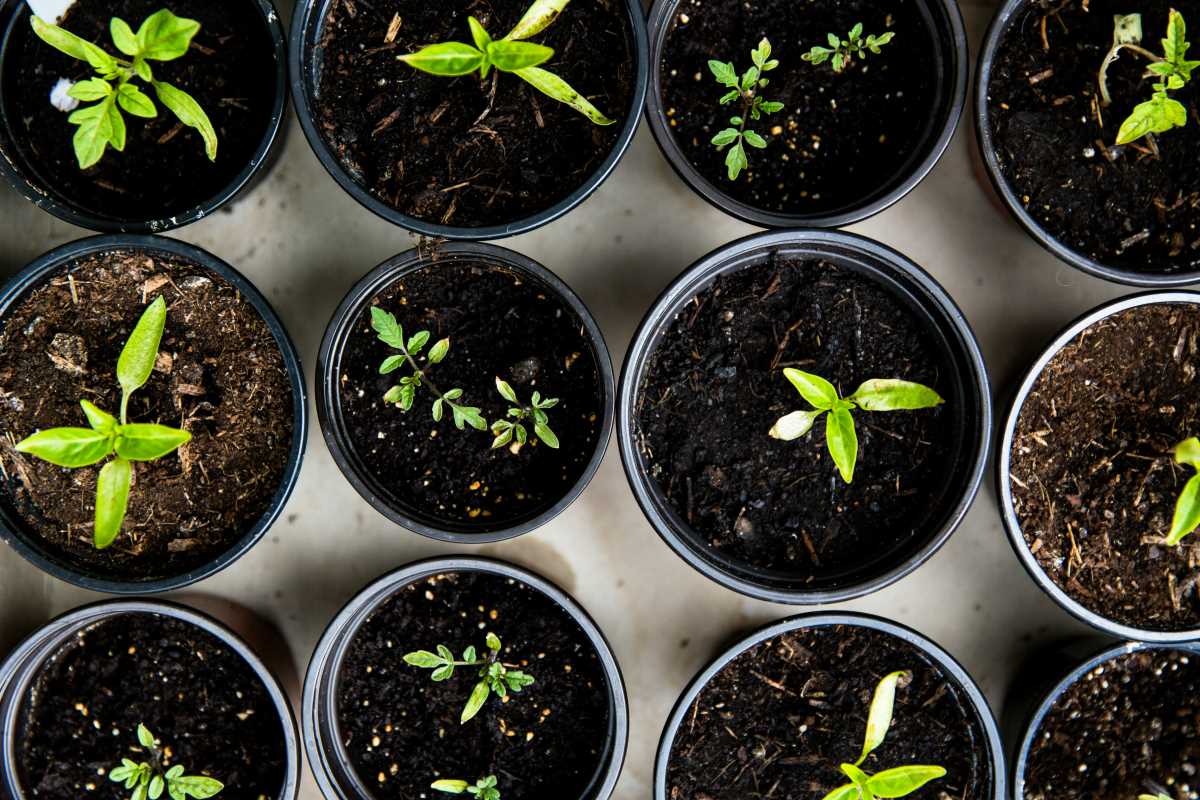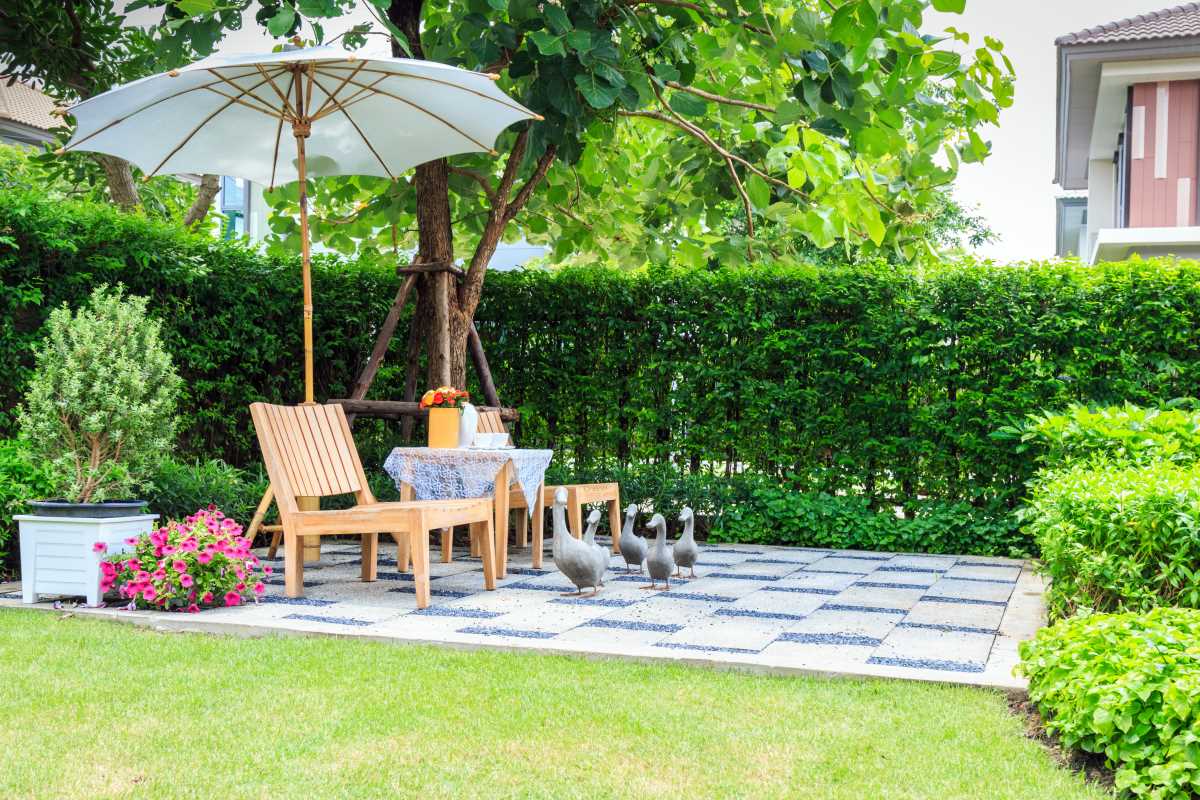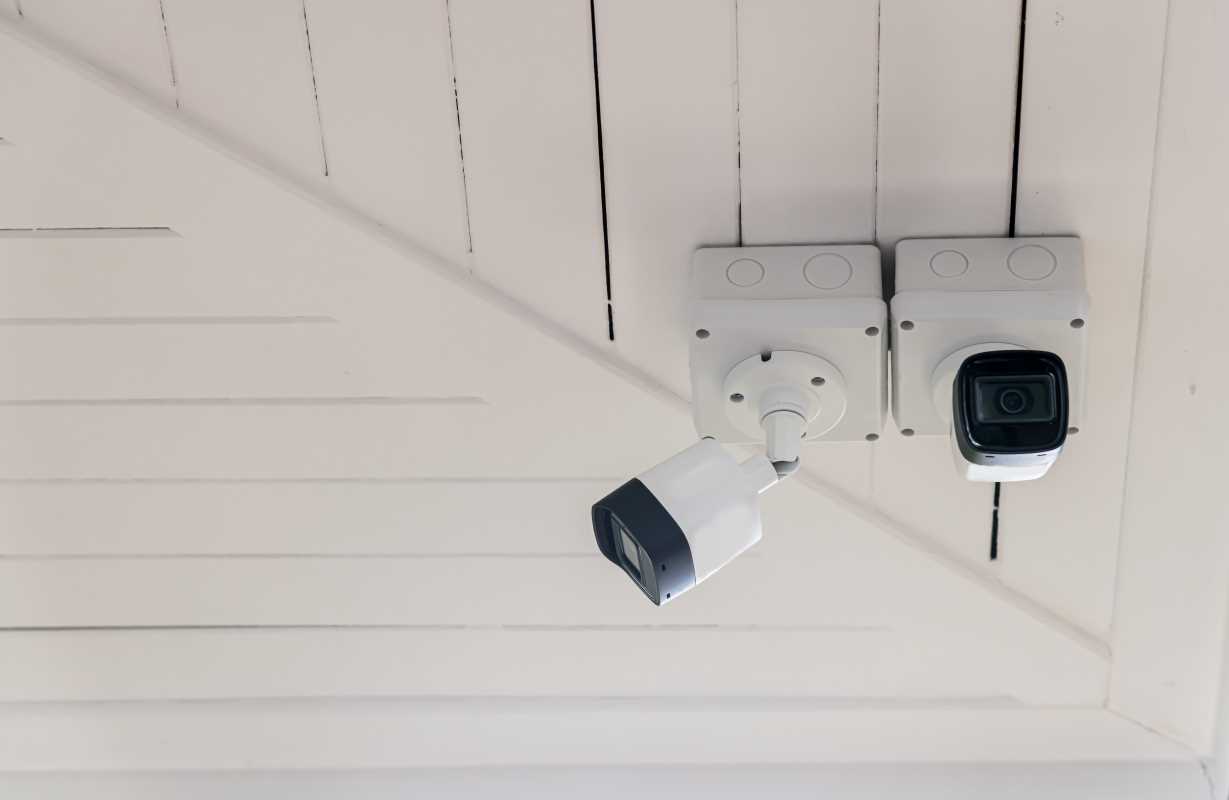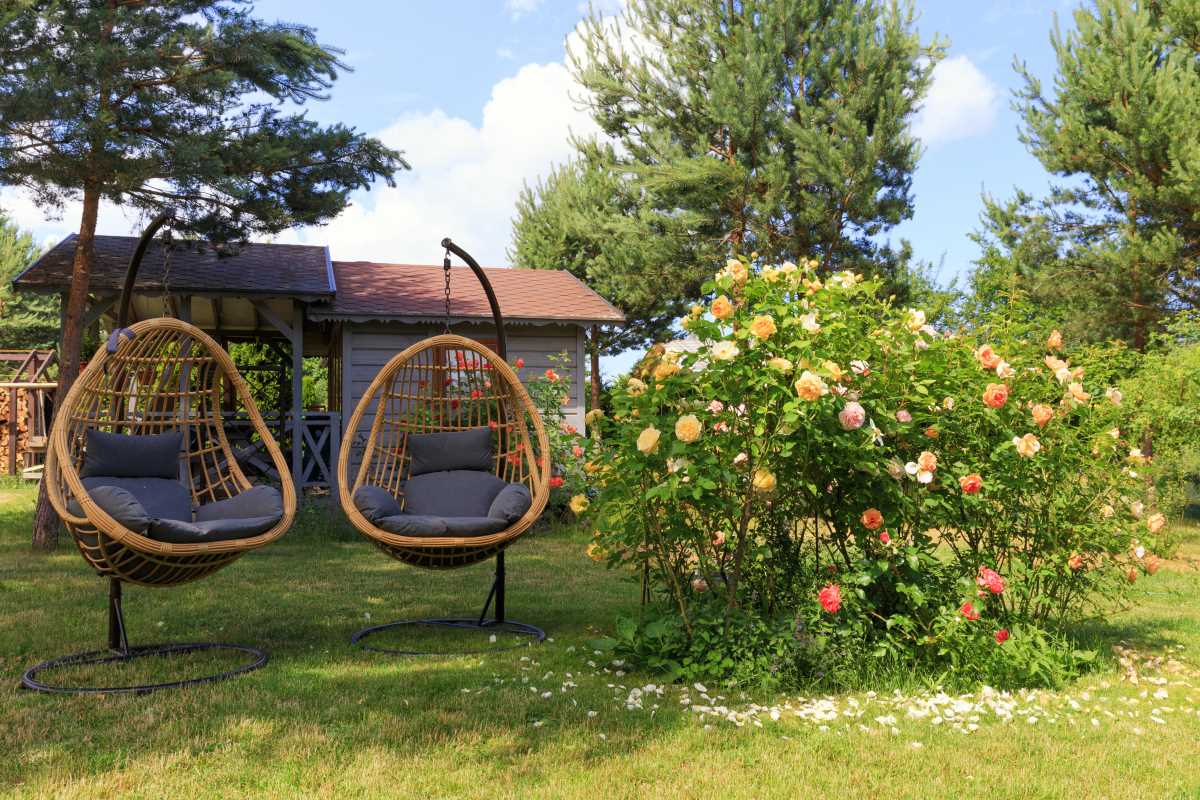Living in a bustling city apartment doesn't mean you have to sacrifice the joy of gardening. Even with limited sunlight, you can cultivate a lush herb garden that not only enhances your culinary creations but also brightens up your living space. Fresh herbs like basil, mint, and parsley add vibrant flavors to your dishes and a touch of green to your home environment. With a bit of creativity and the right approaches, urban dwellers can successfully grow their own herbs despite the challenges posed by limited natural light.
Urban environments often come with unique constraints, such as smaller living spaces and reduced access to sunlight. Thoughtful planning and resourcefulness can help you overcome these obstacles. Whether you're a seasoned gardener or just starting out, this guide will provide practical solutions to help you set up and maintain a flourishing herb garden in your apartment, ensuring you enjoy fresh herbs all year round.
Understanding the Challenges of Limited Sunlight
- Poor Light Penetration: Urban apartments, especially those on higher floors or facing away from the sun, may receive insufficient natural light, making it difficult for herbs to perform photosynthesis effectively.
- Space Constraints: Limited space often means fewer windows or less room near windows, restricting the areas where you can place your herb containers to catch available light.
- Temperature Fluctuations: Inconsistent lighting can lead to temperature variations that affect plant health, causing stress and inhibiting growth.
- Dependence on Artificial Lighting: Relying on artificial light sources can increase energy costs and requires an understanding of the right lighting conditions to mimic natural sunlight.
- Humidity Levels: Urban apartments may have lower humidity levels, which can affect the moisture needs of your herbs, leading to dehydration or fungal issues if not properly managed.
Choosing the Right Herbs for Low-Light Conditions
- Mint: Known for its hardiness, mint can thrive in partial shade and requires minimal maintenance, making it ideal for beginners.
- Parsley: This versatile herb adapts well to lower light environments and can be harvested continuously for fresh leaves.
- Chives: With their mild onion flavor, chives are resilient and can flourish even with limited sunlight, requiring only basic care.
- Thyme: Ideal for savory dishes, thyme can tolerate lower light levels and prefers well-drained soil, making it suitable for indoor gardens.
- Cilantro: While cilantro prefers cooler temperatures, it can grow adequately in indirect light, offering fresh flavor to a variety of dishes.
- Oregano: A staple in many cuisines, oregano can manage with partial shade and requires infrequent watering, reducing maintenance efforts.
Creative Container Ideas for Urban Herb Gardens
Maximizing space in an urban apartment requires innovative container solutions. You can replace traditional pots with stylish alternatives that complement your home décor while providing functional growth environments for your herbs. Consider repurposing items like mason jars, tin cans, or even old teacups to add a unique flair to your indoor herb garden. Utilizing vertical space with wall-mounted planters or tiered shelving units can also help you organize your herbs efficiently.
Another exciting option is to create an indoor herb garden using a repurposed dresser drawer. This method allows you to arrange multiple herbs in a compact space, providing each plant with adequate room and light exposure. Decorative trays or hanging baskets can further enhance the aesthetic appeal of your herb garden, making it a focal point in your living area while ensuring your herbs receive the care they need.
Step-by-Step Guide to Setting Up Your Herb Garden
- Assess Your Space: Identify areas in your apartment that receive the most natural light. Windowsills, balconies, or areas near artificial light sources are ideal spots for your herb garden.
- Select Appropriate Containers: Choose containers that suit your space and the number of herbs you intend to grow. Ensure they have proper drainage to prevent waterlogging.
- Prepare the Soil: Use a high-quality potting mix designed for herbs, which typically offers good drainage and contains essential nutrients to support plant growth.
- Plant Your Herbs: Carefully plant your chosen herbs in the prepared containers, ensuring they have enough space to grow without overcrowding. Follow the specific planting guidelines for each herb.
- Set Up Lighting: If natural light is insufficient, install grow lights above your herb garden. LED grow lights are energy-efficient and provide the necessary light spectrum for healthy plant development.
- Watering Routine: Establish a consistent watering schedule based on the needs of each herb. Avoid overwatering, as it can lead to root rot, and ensure the soil remains moist but not waterlogged.
- Fertilization: Feed your herbs with a balanced liquid fertilizer every few weeks to supply essential nutrients that promote growth and flavor development.
- Monitor Growth: Regularly check your herbs for signs of stress, pests, or disease. Prune and harvest as needed to encourage bushier growth and prevent overcrowding.
Maintenance Tips for Flourishing Herb Gardens
Maintaining a healthy herb garden in an urban setting requires attention to several key factors. Regular pruning is essential to promote dense foliage and prevent your herbs from becoming leggy. By trimming the tips of your herbs, you encourage branching and more robust growth. Rotating your containers periodically ensures that each side of the plants receives equal light exposure, promoting even growth and preventing leaning towards light sources.
Proper watering is crucial; overwatering can be as detrimental as under-watering. Use moisture meters or check the soil texture to determine when your herbs need water. Incorporating a balanced fertilizer into your routine provides the necessary nutrients for optimal growth. Don’t forget to inspect your plants for pests or signs of disease regularly, addressing any issues promptly to maintain plant health.
Setting up and maintaining an herb garden in an urban apartment may require some initial effort and creativity, but the rewards are well worth it!
 (Image via
(Image via





